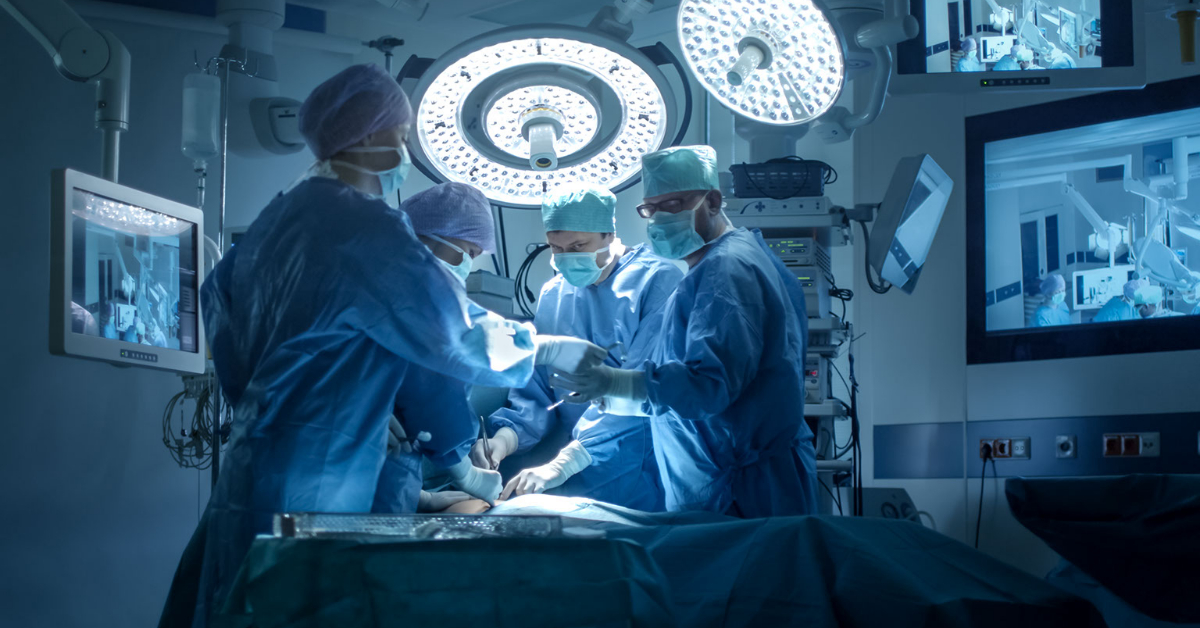Scotland is suffering from a shortage of dead bodies to be used for medical training and research, a report has found.
An annual report by Professor Gordon Findlater, HM Inspector of Anatomy for Scotland (HMIAS) found surgical colleges have had training courses cancelled due to a scarcity of cadavers.
The Royal College of Surgeons of Edinburgh is said to be facing a “serious problem of sourcing cadaver material to meet increased demand” for courses.
The report found 290 bodies were accepted by anatomy departments with 178 rejected
352 embalmed bodies are currently held, with 123 frozen bodies in storage, and 1,113 bequest forms requested and 692 returned, according to Professor Findlater’s findings.
The report added: “This situation is not helped by the need of the five medical schools in Scotland having to meet the increased need for cadavers required to teach the increasing number of medical students they now have to accept.”
There are over 5,000 undergraduate medical students in Scotland as of 2023/24, figures show.
Professor Findlater concluded in the report: “All departments are working well and to a very high standard.
“There is however a potential problem arising from the increasing number of medical students attending University with the resulting increased demand for bodies.
“This is already having an impact on the Surgical Colleges who are now having to cancel training courses due to medical schools having to meet their own needs first before that of the Colleges.
“All staff should be commended for maintaining the high standard that they achieve with particular thanks to the Bequest Coordinators who have to deal with members of the public at a particularly difficult and sensitive time in their lives.
“They are invariably the first point of contact with a department and therefore fundamentally important in maintaining the success of the body donor programme.
“Finally, I would like to thank the Scottish Government Burial and Cremation Team for their ongoing help and support over the past year.”
HMIAS is a watchdog which reports to the Scottish Government.
A Scottish Government spokesperson said: “Anatomy departments are reliant on bequests being made and the availability of bodies depends on the number of deaths at any time.
“The bequest co-ordinators for the anatomy departments at the five Scottish universities work collaboratively to avoid shortfalls.
“There is an arrangement between anatomy departments to redirect bodies to another anatomy department providing the donor has consented to this when completing the bequest form.
“Neither the Scottish Government nor HM Inspector of Anatomy for Scotland has a role in ensuring adequate supply or storage of bodies for academic teaching.
“This lies with the five Scottish universities.”
Follow STV News on WhatsApp
Scan the QR code on your mobile device for all the latest news from around the country


 iStock
iStock
























